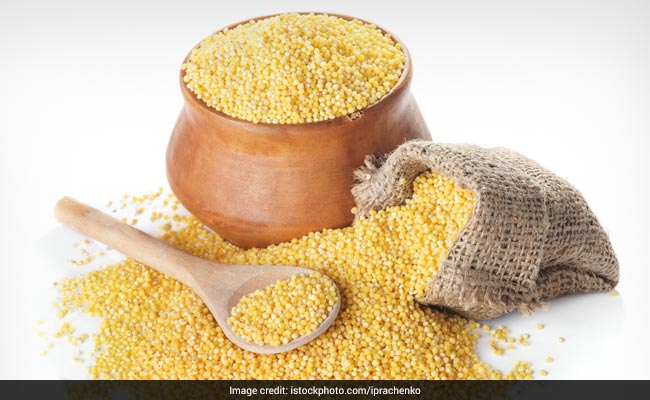If you are a diabetic, you already know how crucial it is to keep a track of your blood sugar levels. If you leave your blood sugar levels uncontrolled, your risk of diabetes complications rises. Some serious complications include a higher risk of heart disease, skin conditions, nerve damage, foot problems and much more. Diet plays a significant role in controlling blood sugar levels. A rise in blood sugar levels after eating is known as postprandial or after meal hyperglycemia. This spike is affected by several factors such as the size of the meal, time of the meal, the time of your medication and the foods you are eating.
Diabetes Diet: Follow These Tips To Prevent High Blood Sugars Post-Meals
Recently Nutritionist Nmami Agarwal shared some tips to control blood sugar levels after having a meal in a question and answer series on her Instagram series. Here are some of these tips-
1. Check Your Meal Log
"You need to check your meals right from the morning," says Agarwal. Limit the intake of sweets, white bread, and other foods that may trigger a post-meal spike. Planning your meals can help you choose better. It will help you lay emphasis on the effect of food you will be consuming on your blood sugar levels.
Diabetics should add low GI foods to diet
Photo Credit: iStock
2. Eat Small Meals
The nutritionist also advises eating small meals instead of a large, heavy meals. It will help you prevent sudden fluctuations. Studies have also highlighted that eating smaller meals rather than 3 large meals can help control maintain healthy blood sugars.
Also read: Diabetes Diet: Millet-Based Diet Can Help Manage Blood Sugar Levels, Experts Elaborate
3. Choose Low GI Foods
Another crucial step that you should follow while choosing foods for your diabetic diet is checking the glycemic index (GI) of the foods. GI indicated the effect of the food consumed on your blood sugar levels. Foods with a low GI score are
Also read: Diabetes Care During Monsoon: 7 Tips Every Diabetic Should Follow To Stay Healthy
4. Watch Your Carb Intake
Carbs have a major impact on your blood sugar levels. Therefore, diabetics are often advised to go low-carb or choose healthier carbs. You avoid consuming highly processed carbs. Be careful about the portion size and keeping a track of your daily carb intake will also help avoid spikes.
Diabetes diet: Avoid consumption of highly processed carbs as much as possible
Photo Credit: iStock
Also read: Can Moringa Help Manage Diabetes? Know Its Effect On Your Blood Sugar Levels
Along with a healthy diet, exercise also plays a crucial role in regulating blood sugar levels. Do not indulge in strenuous exercise, slowly build your pace.
Disclaimer: This content including advice provides generic information only. It is in no way a substitute for qualified medical opinion. Always consult a specialist or your own doctor for more information. NDTV does not claim responsibility for this information.

















